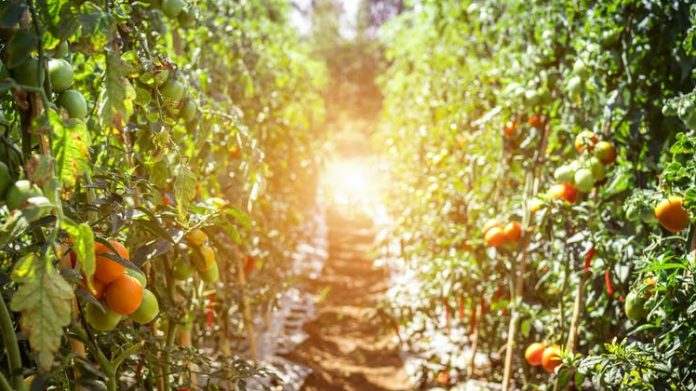China is going organic and emerging as a leader in sustainable agriculture

It’s August and 38C outside a greenhouse on a fruit farm in suburban Nanjing, China. Inside the farmhouse, customers sample organic grapes and peaches. Ms. Wang, who owns the farm, carefully lifts the cover off a large bin of earthworms. She is raising thousands of them to produce organic fertilizer for her farm. Wang is one of an increasing number farmers in China who are cutting back on fertilizer and pesticide use, and tapping into consumer demand for organic and sustainably grown food. China’s total grain output has almost quadrupled since 1961, when the great famine ended. But its success has come at a heavy environmental cost: China uses four times more fertilizer per unit area than the global average and accounts for half the world’s total pesticide consumption. Overall, chemical use on Chinese farms is 2.5 times the global average per acre of land. The overuse of synthetic fertilizer and pesticides has led to soil contamination, algae blooms and increased greenhouse gas emissions. Beyond the ecological consequences of the rapid rise in crop yields, Chinese consumers as well as farmers and farm workers have faced health problems. Over-application of fertilizers has led to chemical residues in food and nitrogen infiltration into groundwater. But sustainable agriculture practices and organic food production are on the upswing in China. The total area of certified organic agriculture cultivation increased more than five-fold between 2005 and 2018, to 3.1 million hectares, according to a 2019 government report. China ranked third in certified organic area in 2017, after Australia and Argentina. Total organic sales in China ranked fourth globally, after the United States, Germany and France. Uncertified organic production is also widespread. This shift is seeding a transformation towards a more sustainable food system within China — and around the world, given the US$65 billion of agri-food commodities exported from China each year. This transformation provides lessons for the rest of world, in terms of efforts at both ends of the food supply chain to shift away from chemical-intensive agriculture towards a healthier system for people and the planet.
Read More
.

